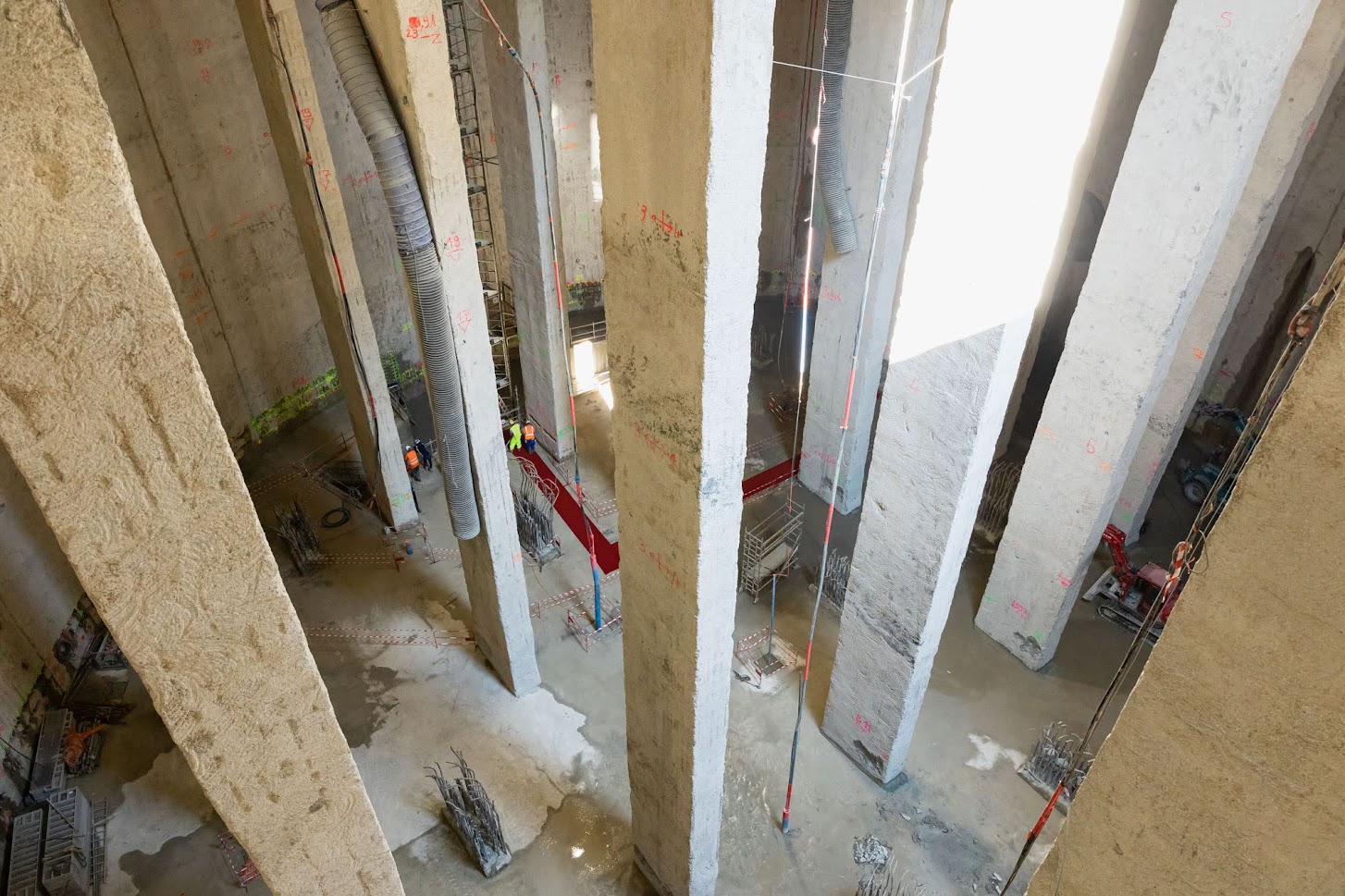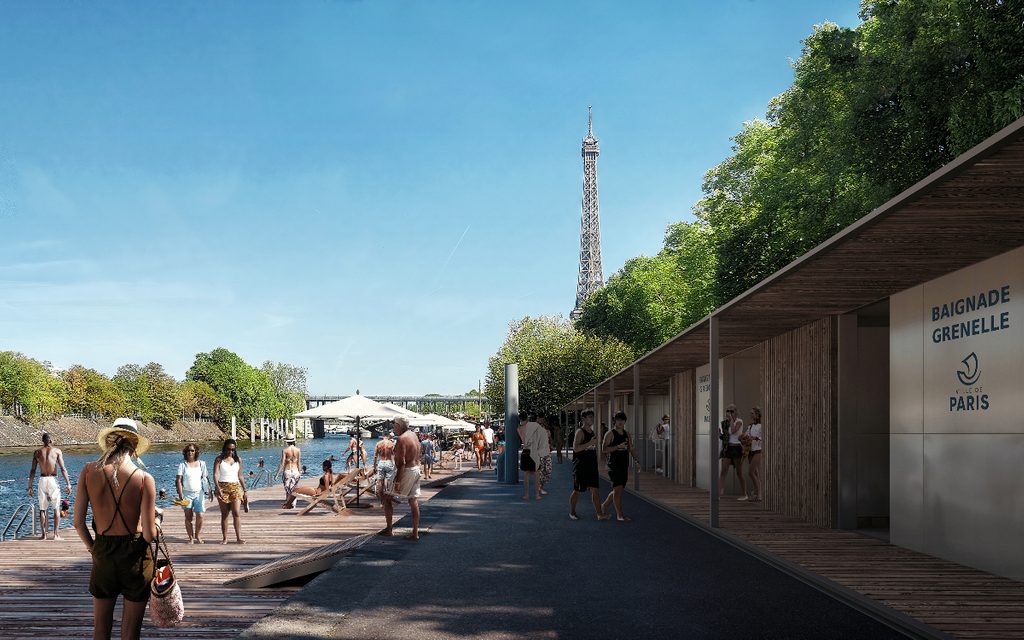Parisians and tourists will soon be able to take a dip in the Seine again for the first time in over 100 years, the French capital's mayor Anne Hidalgo announced.
Swimming in the Seine was officially banned in 1923, and while it was still done until the early 1960s, the river's pollution soon put an end to leisure activities in the city's central waterway.
An outdoor pool has been set up in a tributary of the Seine for several years, but many Parisians have long desired to dive into the river's open waters, especially as the city is becoming a heat island during the summer months with few places around to cool down.
As announced earlier this year, one of Europe's most damaged rivers will undergo a massive clean-up, costing €1.5 billion, so that swimmers can compete in the open waters of the Seine when Paris hosts next year's Olympic Games.
Mayor of Paris Anne Hidalgo has now announced this will involve three permanent bathing spots being set up where recreational swimmers can swim in "complete safety," adding that municipal teams are "working hard to ensure that all the structures are in place and available after the Paris 2024 Games."
Tweet translation: "From 2025, you'll be able to swim in the Seine thanks to the Olympic Games! The three sites selected for swimming in the Seine are: Bras Marie (central Paris), Grenelle (15th arrondissement) and Bercy (12th arrondissement). My deputies have already taken the first plunge! It will soon be your turn and mine too."
The bathing spots – one of which will be located at the foot of the Eiffel Tower – will be sealed off by buoys and accessible via a footbridge, while changing rooms and showers will be created on the quays. In the meantime, water sports such as kayaking are being organised this summer at Bras Marie.
Large-scale clean-up
As part of the clean-up mission, 23,000 homes and 260 houseboats will be connected to the sewerage system this summer, having discharged their untreated wastewater into the Seine until now. Sewage treatment plants connected to the river will be modernised or rebuilt.
To clean up the course of the river, a number of structures are currently being built, including the Austerlitz rainwater storage basin, with a capacity of around 50,000 m3, due to come become operational in 2024.

Austerlitz rainwater storage basin. Credit: Ville de Paris
The city's authorities noted that, during the summer, 75% of the works scheduled in Paris and the surrounding area will have been completed. Another 20 potential sites spread across 16 communes of the Greater Paris metropolitan area have also been identified as future bathing sites.
Although banned in 1923 but still widely practised, bathing disappeared in the 1960s due to a deterioration in water quality. This Olympiad has acted as a catalyst for investing in sustainable water quality, improving biodiversity and reducing pollution. In addition to opening up the river to bathing, the whole ecosystem will benefit from the clean-up.

